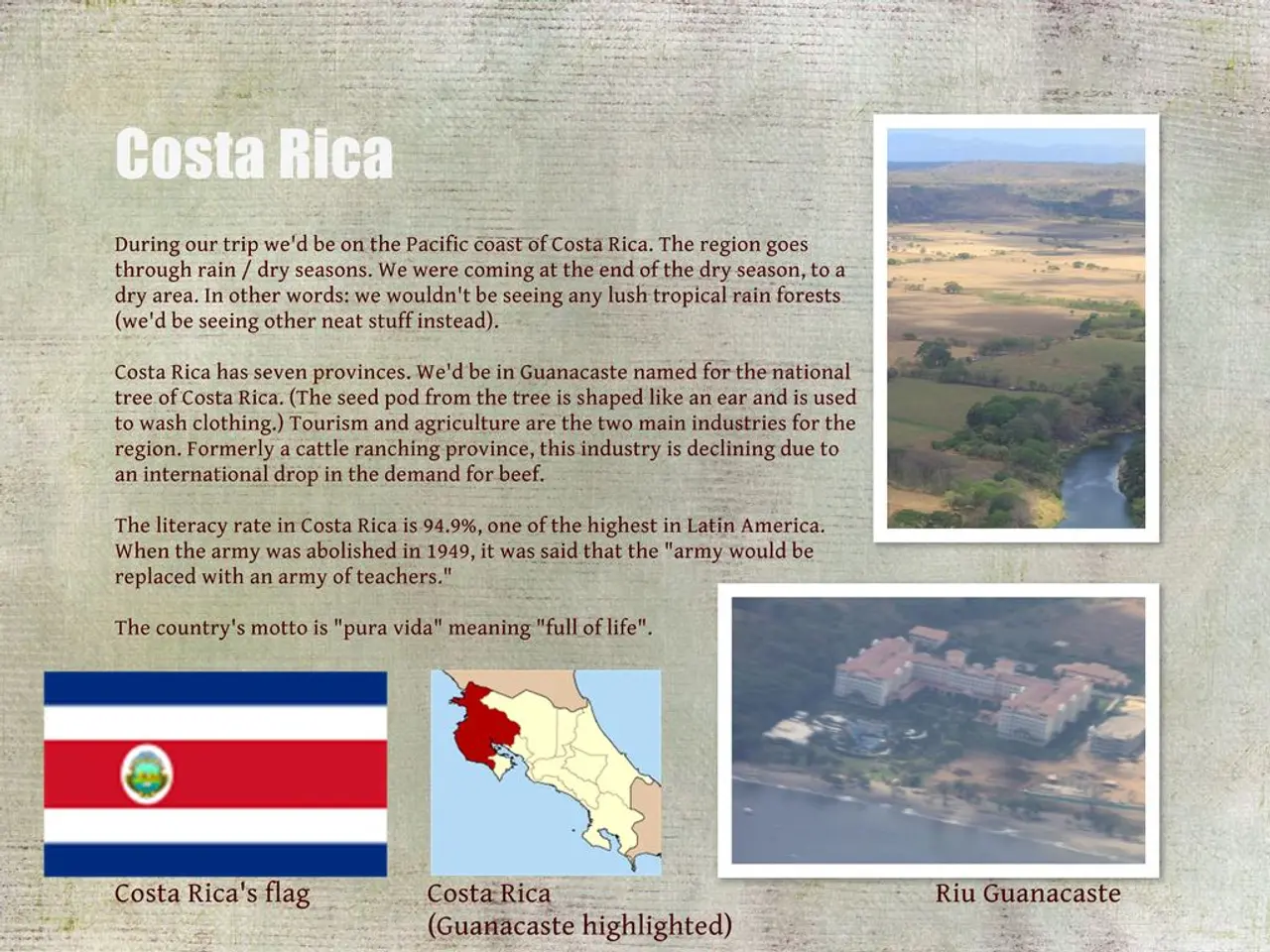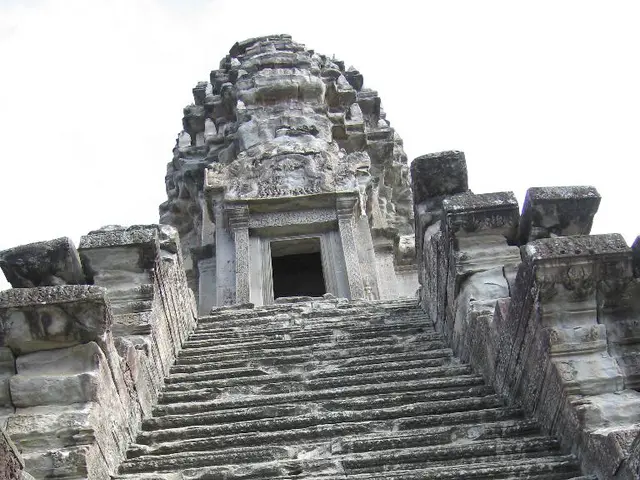Glencore Pours $13.5 Billion into Argentina's Copper Expansion Amidst US Clampdown on Chinese Metal Production
Glencore, a global mining and commodities giant, has taken a significant step towards the development of its El Pachón and Agua Rica copper projects in Argentina. The company has officially submitted applications for these projects to be included under the RIGI (Incentive Regime for Large Investments) program, a government initiative aimed at attracting foreign capital and fostering long-term investment in the South American nation.
The proposed capital investment for these projects is approximately $13.5 billion, with $9.5 billion earmarked for El Pachón and $4 billion for Agua Rica. If approved, these projects are expected to create over 10,000 direct construction jobs and around 2,500 permanent jobs when operational.
As of August 2025, these applications are still under regulatory consideration. No final approvals or investment decisions have been announced yet. However, Glencore's CEO, Gary Nagle, described the submission as a "significant step" towards project development. He emphasized the importance of RIGI in transforming Argentina’s investment landscape and attracting foreign capital.
The RIGI program offers tax and investment stability incentives under President Javier Milei’s administration. Both projects would benefit from a long-term economic framework with enhanced investor protections under the RIGI program.
However, the timeline to commercial production could span 5-10 years, depending on regulatory processes and market conditions. Before moving to the construction and production phases, the projects need to pass feasibility studies, obtain all necessary permits, and receive final board approval.
The El Pachón deposit, located in San Juan province, is a large-scale copper and molybdenum deposit with estimated mineral resources of about 6 billion metric tons of ore. Agua Rica, in Catamarca, hosts roughly 1.2 billion metric tons of ore with average grades of 0.47 percent copper, 0.20 grams per tonne gold, 3.40 grams per metric ton silver, and 0.03 percent molybdenum.
Argentina is already a major producer of lithium, and the focus on copper and lithium under the RIGI program marks a strategic move in the global race to secure supplies of critical minerals needed for clean energy technologies, electric vehicles, and defense applications. The scale of Glencore's expansion comes amid rising tensions between Western governments and China, which currently processes about 70 percent of the world's rare earths and controls a major share of global copper and lithium refining capacity.
The new focus on copper and lithium under the UFLPA (Uyghur Forced Labor Prevention Act) marks a significant escalation in Washington's campaign to scrutinize goods with ties to Xinjiang, where US officials claim that state-run internment camps exist where Uyghurs and other minority groups are subjected to forced labor. The Department of Homeland Security has announced that imports of Chinese steel, copper, and lithium will be targeted for "high-priority enforcement" under the UFLPA.
Martin Pérez de Solay, CEO of Glencore Argentina, stated that the RIGI provides a key platform for the development of Argentina's natural resource endowment. Gary Nagle, CEO of Glencore, credited President Milei and his administration for introducing the RIGI. President Milei introduced the RIGI program this year to attract foreign investment, positioning Argentina as a key player in the global race for critical minerals.
In summary, Glencore has submitted applications for its El Pachón and Agua Rica copper projects in Argentina under the RIGI program, seeking a total investment of approximately $13.5 billion. The projects are still under regulatory consideration, with no final approvals or investment decisions announced yet. If approved, these projects are expected to significantly contribute to Argentina's economy, creating thousands of jobs and positioning the country as a key player in the global race for critical minerals.
Read also:
- United States tariffs pose a threat to India, necessitating the recruitment of adept negotiators or strategists, similar to those who had influenced Trump's decisions.
- Weekly happenings in the German Federal Parliament (Bundestag)
- Southwest region's most popular posts, accompanied by an inquiry:
- Discussion between Putin and Trump in Alaska could potentially overshadow Ukraine's concerns








